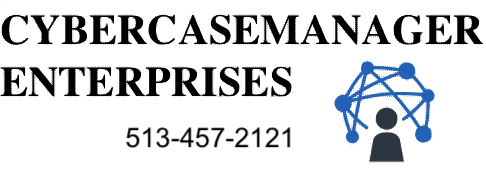5 success factors for project learning
Learning effectively from projects is a goal for many organisations. Here are some ways how to do it.
The list below of success factors for project-based learning was proposed by Schindler and Eppler, two researchers working out of University of St. Gallen (Switzerland), in their paper “Harvesting Project Knowledge: A Review of Project Learning Methods and Success Factors“.
It’s a pretty good list! Their text is in bold, my commentary on each of these is in normal font.
- “From single review to continuous project learning – we stress the necessity for continuous project learning through regular reviews”. In Knoco, we recommend any project define the methods and frequency up front through the use of a Knowledge Management Plan, and that suitable processes are the After Action review and the Retrospect, or Lessons Capture meeting, or even a Learning History in the case of mega-projects. This is the Process component of project-based learning. Learning within the project is covered by After Action review, export of learning to other projects is covered by Retrospects.
- “New project roles and tasks – the need for new roles for project knowledge management should have become obvious”. This is the Roles and Accountabilities component of project-based learning – we recommend that someone in the project team itself – a project Knowledge Manager – takes accountability for ensuring learning processes are applied, making use of facilitation skills as appropriate. This need not be a full time role, but it should be a single point accountability.
- “Integration of learning and knowledge goals into project phase models– project learning is too important to be left to chance or to the initiative of motivated individuals”. This is what we include as part of the Governance component of project-based learning. By embedding knowledge management processes into the project phase models or project management framework, we set a very clear expectation that project learning is important and part of normal project activity. Lesson Learning shoul dbe emphasised in the project management policy.
- Integration of learning and knowledge goals into project goals – Adding knowledge goals to every project step can foster systematic reflection about every milestone in a project. This we also include as part of the Governance component of project-based learning. This is the performance management element of Governance. If learning is in the project goals or the project objectives, then the project team will be judged and rewarded by whether they learn, as part of judging and rewarding whether they met their goals.
Schindler and Epper therefore cover three out of the four enablers for Knowledge management – Roles and Accountabilities, Processes, and Governance.
The one they do not cover is technology, perhaps because there were few effective Lessons-Management technologies around in 2003. Therefore I would like to propose a 5th enabler, as follows;
- Application of an effective lessons management system, including workflow to ensure the lessons reach those who must take action as a result, and a tracking system to track the effectiveness and application of learning.


Leave a Reply